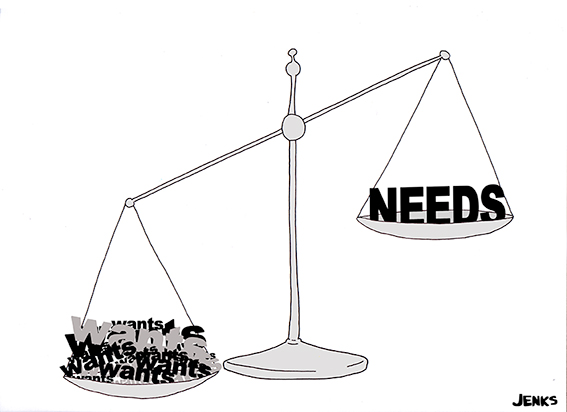

This leaves 40% that is subject to our influence and control (it accounts for our thoughts, actions, and attitudes). While 10% is affected primarily by external factors like where we were born.
#Hedonic treadmill definition full#
Researchers have found that a full 50% of our happiness set-point is due to genetics. But as soon as that passes we quickly return to a relatively stable level of happiness. The hedonic adaptation curveĪs you can see, with time we stumble around extremely joyful or painful events that leave us with a temporary euphoria or misery where our happiness level oscillates significantly.

I’m hoping you got what I mean but if not, then let’s start with the basics. If that isn’t terrifying, I don’t know what is. However, if this is correct then any effort we put into increasing our happiness is pointless meaning that if our happiness set point is on the low end of the spectrum, we’re doomed to unhappiness. In the original theory of the hedonic adaptation, Brickman and Campbell proposed that people immediately react to good and bad events but in a short time return to neutrality.

Furthermore, in a number of studies, researchers have traced the reactions to the death of a spouse, and these studies proved that emotional reactions eventually go back to baseline.Īll these studies captured the attention of psychologists, and the idea of the hedonic adaptation, itself, was appealing because it offered an observation that people with substantial resources are sometimes not that much happier than those with few resources and that people with severe problems are sometimes quite happy. The change in ability was devastating at first, but bit by bit they went back to their pre-accident levels of happiness after the habituation period.ģ. The same was true for those who were in accidents. People who won the lottery tended to return to their roughly original levels of happiness after the novelty of the win has worn off. It was revealed that, in the long term, neither group appeared to be happier or more miserable than the other. Another study was conducted around two groups of people: the first group had individuals who won large lottery prizes, and the other was a group of accident victims who got paralyzed after their injuries. It was found that group B reported higher treat savoring, higher happiness levels, and was in a better mood after eating the treat.Ģ. Group A was allowed to binge on unlimited chocolate, whereas group B had none.Īfter the two-week period, both groups were then given chocolate. A Harvard study about chocolate consumption was carried out with two group participants for a two week period. It fits the description, doesn’t it? The hedonic adaptation studiesġ. Well, he simply compared the pursuit of happiness to a person on a treadmill, who has to keep working just to stay in the same place. Why did Michael use the treadmill metaphor, you ask? This is how the hedonic treadmill term came to existence. Later on in the 1990s, Michael Eysenck used the metaphor of a treadmill to describe how people are continually seeking to raise their level of happiness but never quite achieving what they expect when a life event occurs. Back then, it was referred to as the hedonic adaptation. Psychologists Brickman and Campbell first noted this concept in an essay in 1971 (“Hedonic Relativism and Planning the Good Society”). Surprise, surprise! It doesn’t last for long. This wasn’t the amount of pleasure you were expecting, and even if it is. Sadly, and to your your complete shock you’re not as happy as you thought you’d be when u got what you wanted. The answer is No, we have this tendency of going back to a certain level of happiness, and this concept goes by the name “Hedonic Adaptation”.īut hedonic adaptation isn’t just that, it’s every dream job we ever fantasized about, every luxurious apartment we ever hoped to rent, every car we saved up for, and every time we uttered the words, “Imagine how happy I’d be if I got this or that”.

Will you still feel the same happiness you felt the first time, will you get the same rush and thrill? Say you watch the avengers over and over again, or say you hear your favorite song each day for a week. But how long does that happines last for? You just listened to your favorite song, and you’re happy, giddy even. You just got out of the theaters after watching “The Avengers” and you’re thrilled from being one of the firsts to see it.


 0 kommentar(er)
0 kommentar(er)
